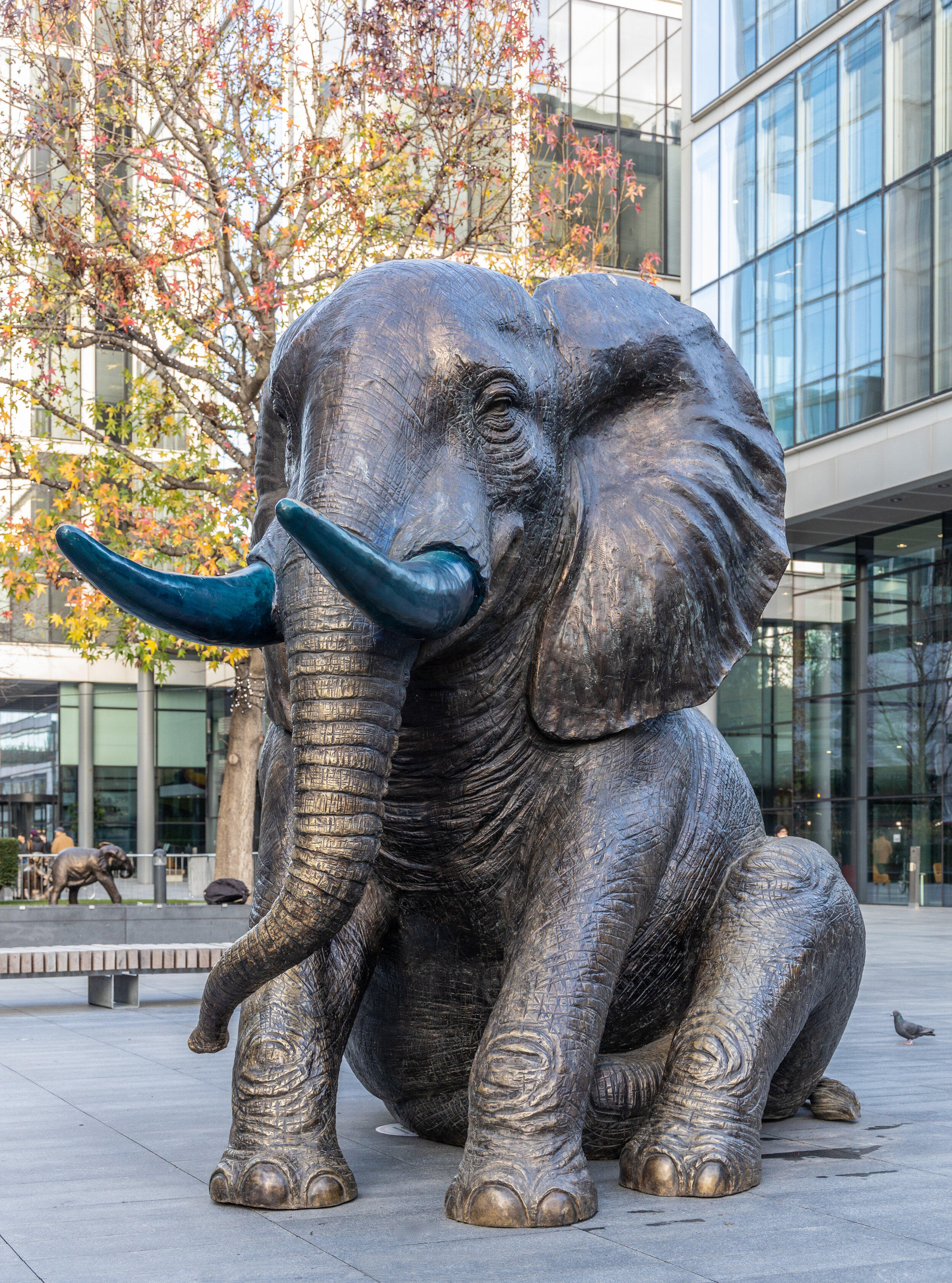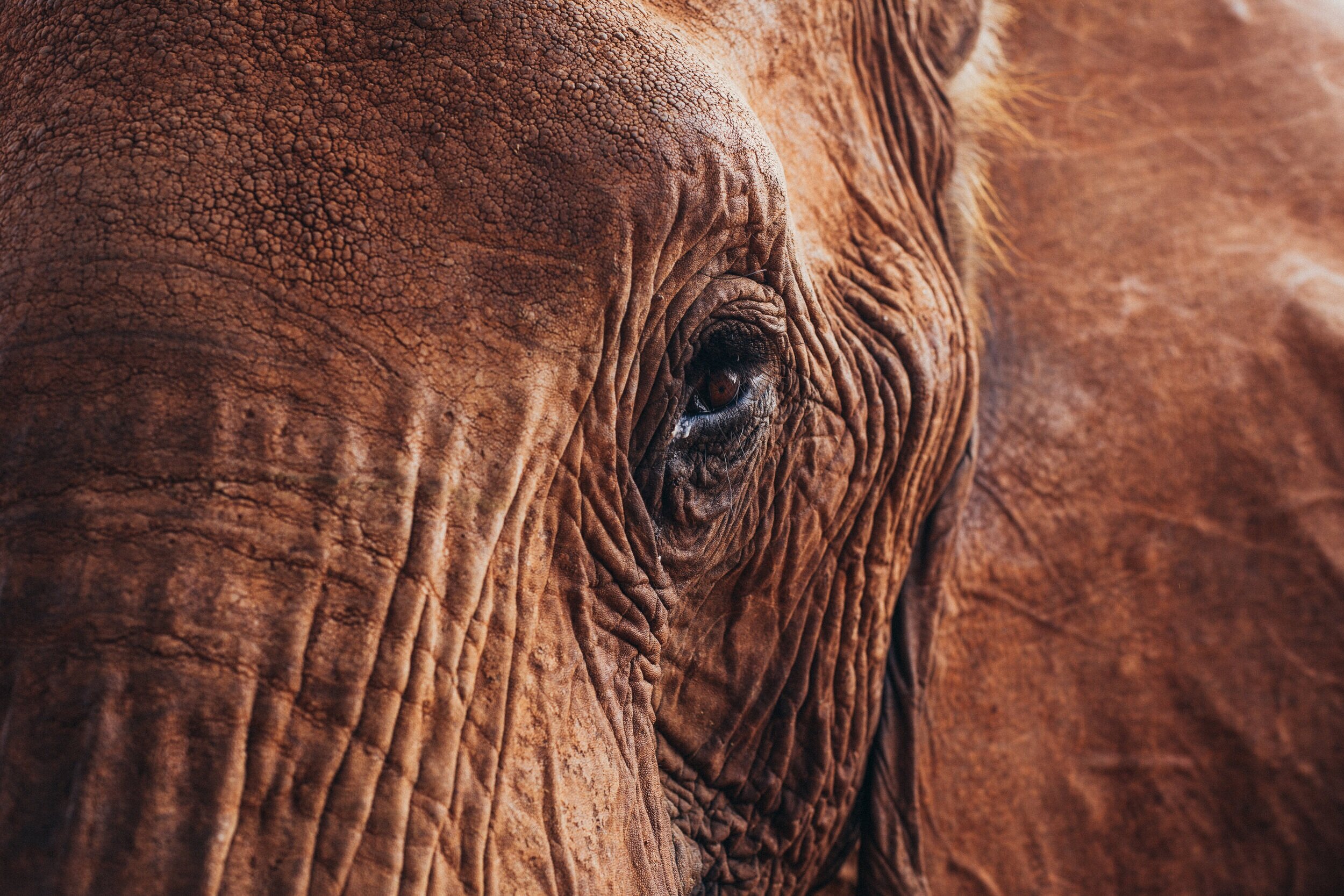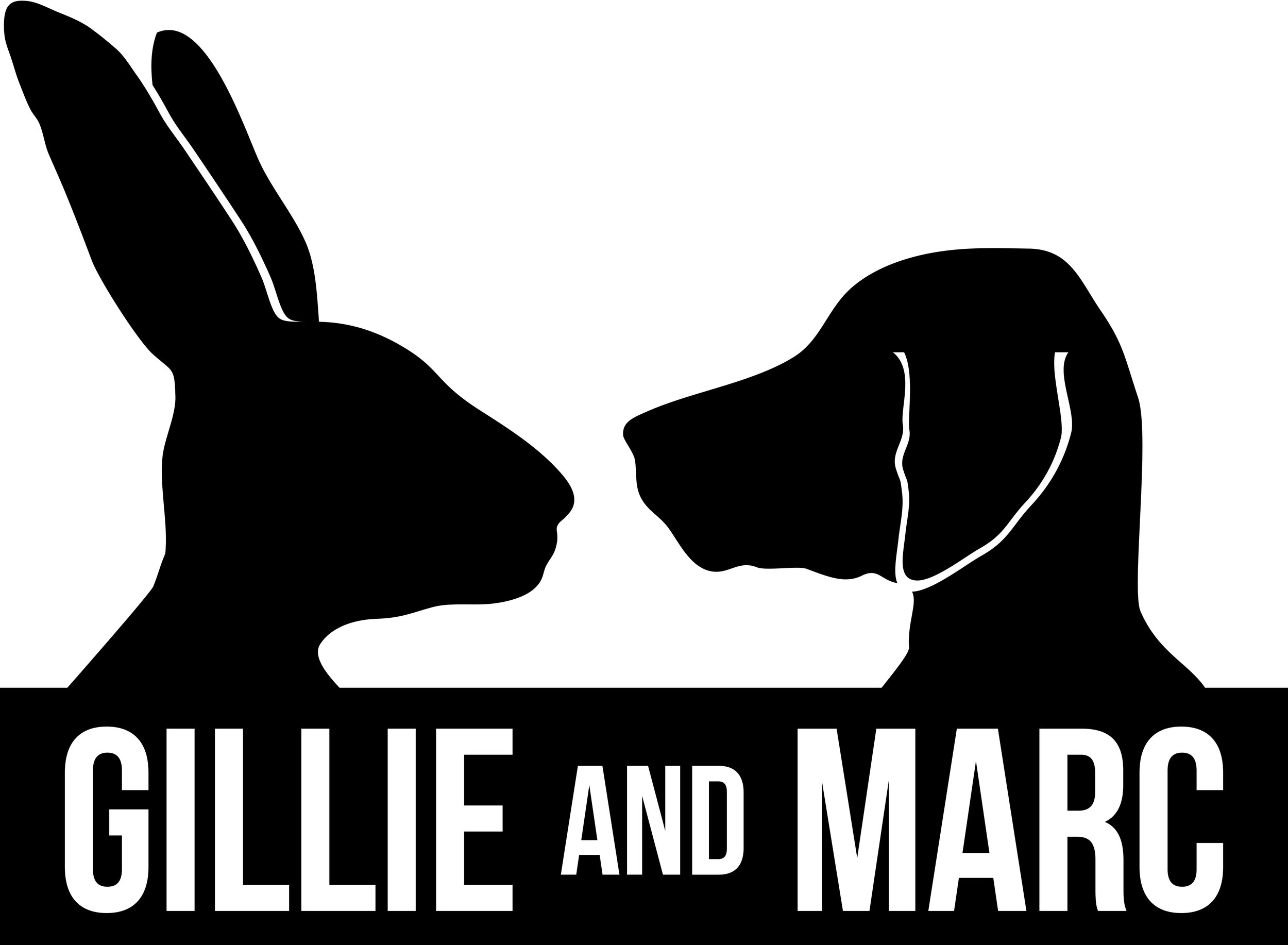
Herd of Hope
From the plains of Kenya to the heart of London, the Herd of Hope is a family of 21 life-sized bronze elephants embarking on the journey of a lifetime as they migrate across London. Currently roaming around the iconic Spitalfields Market, walk amongst our 21 life-sized bronze elephants and get to know the real-life orphans that have inspired this public art installation.
Entry to the outdoor sculpture exhibit is free.
Help us to share our message of hope by tagging us on social media at #herdofhope
Spitalfields Market
1 Bishops Square, London E1 6FQ
In Partnership with
About the Herd
Displayed across Spitalfields Market and created by internationally acclaimed artists Gillie and Marc, the Herd of Hope aims to raise awareness for Africa’s endangered elephants and funds for the Sheldrick Wildlife Trust. Already thousands of people have visited the sculptures, which are led by a matriarch and feature 20 smaller elephants, each representing our real-life herd.
Each orphan sculpture has the name of the orphan they symbolise along with a scannable QR code allowing you to watch their rescue videos and directly support their rehabilitation journey as you walk among them. So that even if you can’t visit us in East Africa, you have another opportunity to join our herd.

Make an impact.
Our Herd of Hope is a family of life-sized bronze elephants roaming about Spitalfields Market. Each of the 20 baby elephants represents a real orphaned elephant in the care of the Sheldrick Wildlife Trust who has overcome life-threatening difficulties including poaching, human-wildlife conflict and natural disaster. They all have their own stories of hope and each can be supported through an adoption.
Every rescued orphan needs 24/7 care from dedicated Keepers and nourishment to survive. When they are fully grown, they’ll be reintegrated back into conservation areas where they can start their own families thanks to your donations.
Our commitment lasts a lifetime and we undertake interconnected projects including anti-poaching operations, veterinary interventions and initiatives to secure habitats and elephant rangelands, focused on saving one of the planet’s most iconic species – the elephant.
Without action, wild elephants could become extinct within our lifetime due to poaching, human-wildlife conflict and climate change. Whether you adopt one of the real-life orphan elephants represented, or choose to make a donation here and now, your support will help the Sheldrick Wildlife Trust save one of the planet’s most iconic species.
Learn more.
A species under threat
Poaching, human-wildlife conflict and climate change claims the lives of up to 55 elephants a day: without action, we could be the last generation to see elephants in the wild. With your support, we’re saving their orphaned young and forging a future for this endangered species.
Hope for generations to come
Our bronze sculptures represent so much more than our current orphan elephants - they represent the future generations of wildlife that will grow as healthy, loved and supported animals thanks to the SWT and your donations. Every contribution, small and large, will help us achieve our goal of protecting and conserving these beautiful creatures for decades to come.
Take a virtual tour
We know that during the COVID-19 crisis, not everyone was able to physically visit the Herd of Hope so we created a virtual walkthrough. This proved popular, so we have kept it live to allow everyone the chance to move among our herd.
Virtual tour of Herd of Hope sculptures at Spitalfields Market in London























